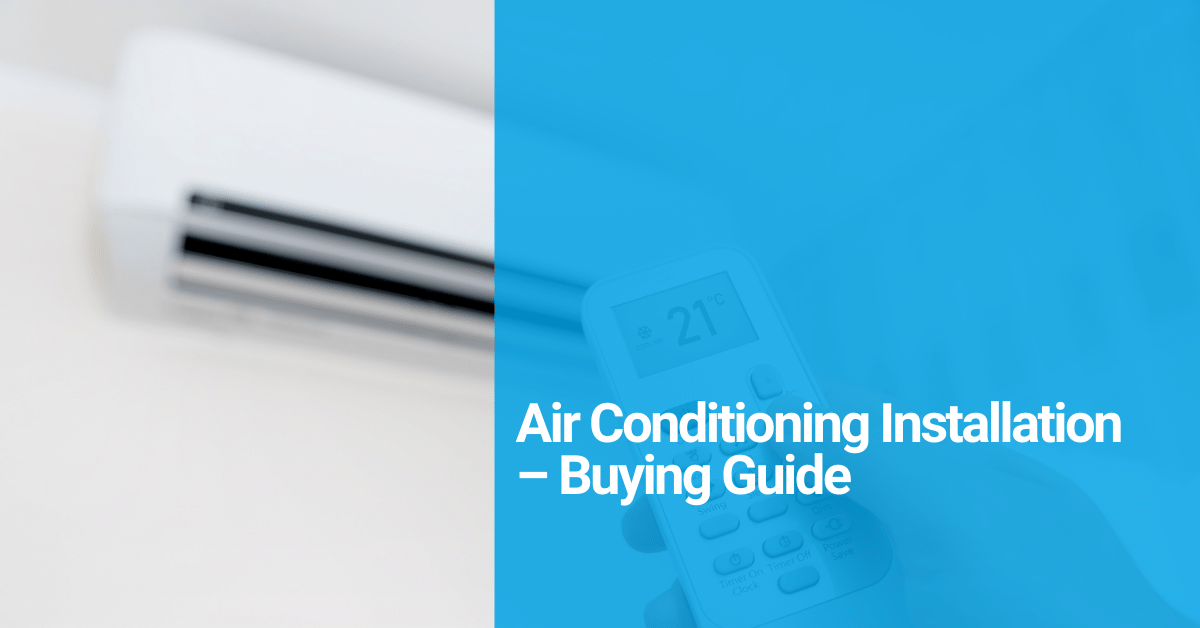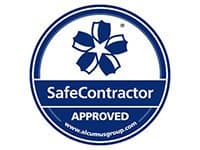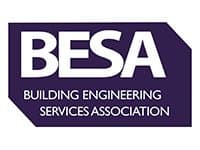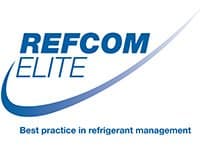 Installing air conditioning is a big project for any business and making the right choices can feel like a lot of pressure. There are a few key areas to consider when you are looking at a new or upgraded air con system. Here are the main ones to work through with your air conditioning engineer.
Installing air conditioning is a big project for any business and making the right choices can feel like a lot of pressure. There are a few key areas to consider when you are looking at a new or upgraded air con system. Here are the main ones to work through with your air conditioning engineer.
New installation or replacing an existing installation – what you need to know
If you already have air conditioning in the property, then the first question is always whether to replace the existing installation or go for something completely new and different.
It is often worth considering if the existing system works adequately for your needs. If it does, then there’s no reason you can’t replace with a new version of the same system. But if you find that there are issues where the system doesn’t manage or can’t handle the demands, then a different system or design may be needed.
Installations for different applications
You may have chosen a standard air conditioning system first time around but when it becomes time to replace, it may be better to choose an installation which Is better matched to how the space Is being used. For example, air con systems for a computer server room will be very different from those for a commercial kitchen. Getting the right installation can make a big difference in both efficiency and effectiveness.
Why you need air conditioning?
If you don’t already have air conditioning, then the first thing might be to consider if you need the system. For the majority of businesses, air conditioning is somewhere between crucial and important. So, what benefits does it bring?
Employee productivity
One of the biggest benefits of an air conditioning system is that it creates a comfortable workplace for employees and for customers – and this helps boost productivity and sales. If people are too hot, uncomfortable or even feeling a little ill with heat, then this isn’t a good environment and definitely won’t see them do their best work.
Reduce allergens in the air
Air quality is another big reason to use air conditioning. If you open doors and windows, these let air in but also everything that is in the air. Pollen in spring and summer is a classic example and causes chaos for anyone with hay fever and allergies. Air con systems are a better way to improve air quality without those pesky allergens. In the Covid-19 era this Is not necessarily advised In a large multi-occupancy space and needs to be considered and designed In conjunction with ventilation requirements.
Equipment requirements
You may need air conditioning for the equipment you are operating. For instance, computer servers need to be cooled or they can overheat and stop operating. Having the right air conditioning in the server room is a crucial part of operations. Likewise, commercial kitchens need the right air conditioning in the right places to help with the heat-generating equipment found in them.
Different types of air conditioning
Once you know where you need the air conditioning, the next consideration is to think about the type of air con system that will work best. Working with an engineer specialising in air conditioning will go through this with you but there are three main forms to be aware of when making a choice:
- Portable units – these tend to be used in the home or where portability is important to move between different rooms or parts of the building. These plug in and operate
- Wall split – these free up floor space and are quieter than portable units, mounted on walls with an external unit to handle heating and cooling
- Ceiling cassette – these fit into ceilings rather than walls and use an external unit to handle heating and cooling
For most commercial properties, wall split, or ceiling cassette is usually the favoured types of system, allowing for a series of rooms to have air conditioning running from a central external unit.
Other features you want to have with an air conditioning system can include:
- Mode settings – this can include heat and cool but also dehumidify, fan speed or other settings to fine control the unit
- Timer – the ability to set a schedule so the system only operates when needed
- Adjustable thermostat – ability to control the temperature for each unit
Smart tech can also be paired with these features to help automate much of the process.
Any legal requirements or building regulations to be aware of?
Installing new air conditioning systems to a building that doesn’t have them may mean you need to get planning permission to make the alterations required. It is always worth contacting your local planning department to see what is required, even if you are upgrading an existing system if there are changes to what it contains.
You don’t need Building Regulation Approval before installing air conditioning, but the electrical installation needs to comply with relevant safety guidelines around electrics.
All refrigerants- F-Gas (which are used for the cooling process within the air con unit) must only be handled by specialist trained and accredited Installers and engineers. You can check the status of any Installer through REFCOM. All our engineers hold F-Gas certificates qualifying them to safely handle refrigerant.
Air conditioning should always be accompanied by sufficient ventilation/fresh air for occupancy.
What are the potential problems to be aware of?
When you work with an expert in air conditioning installation, the majority of problems that can occur will be handled by them. You should be aware that there may be some disruption to work while the units are fitted and that the team will need access to various parts of the building.
If your commercial property is rented, you will need to contact the landlord before adding or changing the air con system to make sure they are happy with what is being done.
What you need to maintain your air conditioning once installed
Once the air conditioning is installed, you will want to have 6 monthly checks (more frequently In some particularly dusty or dirty operating environments) to make sure the system is running smoothly and that there are no problems. Many systems come with a warranty, but this will have a condition in it that the system is regularly serviced by a qualified engineer for it to remain intact.
Who should install your air conditioning?
Air conditioning is not the kind of system you want to attempt to DIY – you should always work with a qualified expert and ensure they are qualified to handle refrigerant safely. Here at Total Environmental Kooling, we are experts in air conditioning who offer bespoke services for commercial customers.
We can design the system and ensure it meets your needs while always watching the latest regulations and best practices that apply to your industry.
Contact us and speak to our helpful and friendly team today on 0117 952 3355 to find out more.






